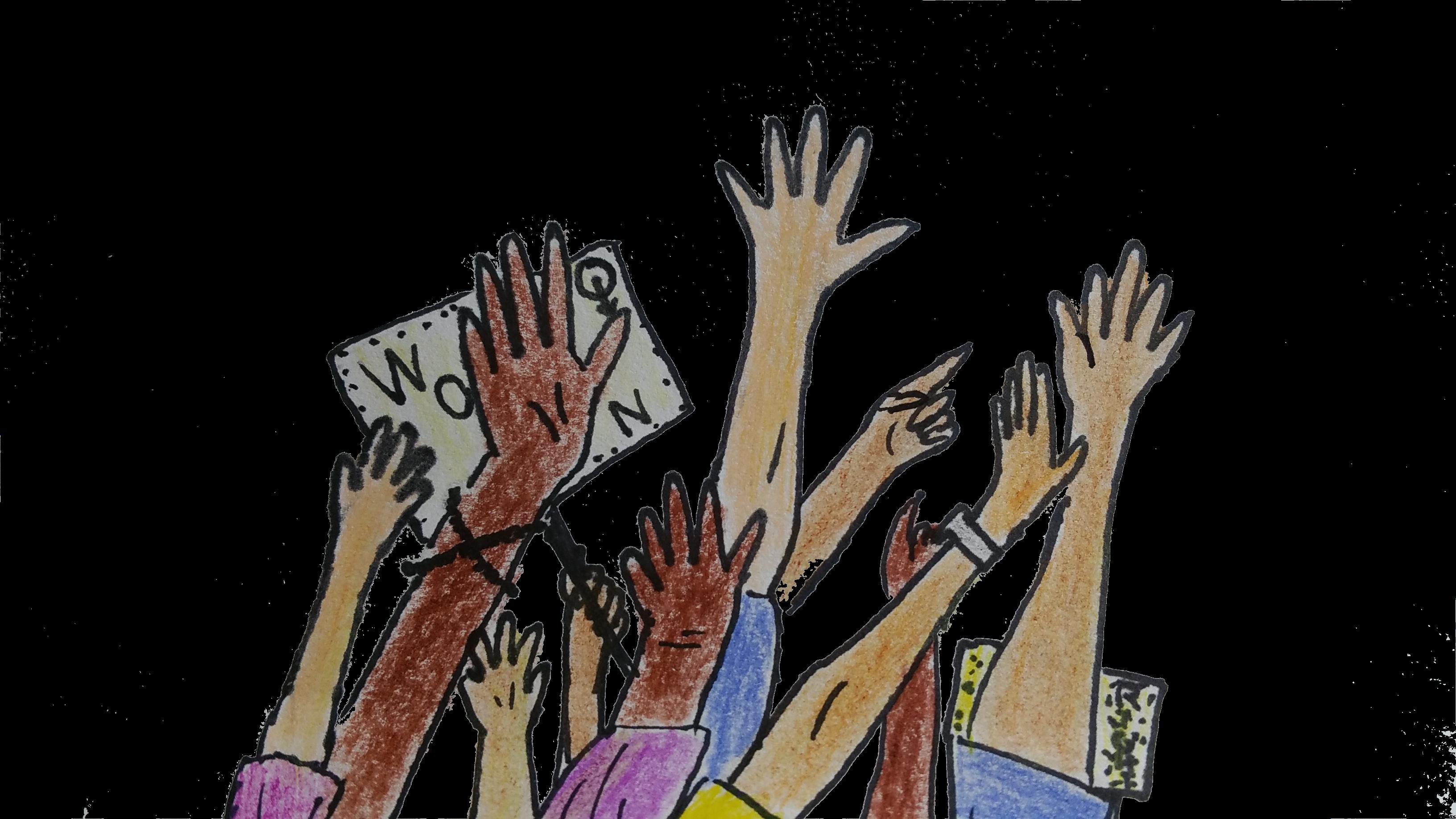
4 minute read
Heroes of Society
“Once upon a time, there was a man walking over a beach, littered to the brim with starfish, all incapable of climbing back from the drying sand to the water. He wandered over it, thoughtful, until he came to a young boy sitting in the sand, throwing the starfish back into the water; one by one. The man looked at him incredulously, silent as the boy went on with his work- his impossible task of trying to save the millions of starfish.”
Often, it seems like we are surrounded constantly by terrible events. The world seems to be full of trauma; of drought and floods, of death and famine, of mental health and trauma... The list never ceases- to the point where even if you turn off the news, we’re still left with a feeling of responsibility. However, that responsibility can often be a weight, rather than enlightening. It feels like making a difference isn’t something that we’re all supposed to be crowned with, or even the skill to do. We’re not special enough, or famous enough, or a world-leader, or a powerful speaker, or rich enough- and what’s the point of making a change, of even trying, if it’s not going to reach anyone?
Advertisement
This is a common error when it comes to the perception of what heroism is. Aided through the creation of Marvel, Disney and other film companies, we have come to view a hero as someone who has extreme physical strength to go along with their genius brain. And while this may be true for these movies, it does not reflect heroism in its raw form that we see everyday.
Taking a modern perspective, we usually see heroes as the people who survive great things, who put themselves on the line and show courage above all else. We compare ourselves through the Greats of History when it comes to fighting for the little guy. There’s people like Nelson Mandela, famous for standing for his cause of black lives matter even when thrown in jail. Malala, who pursued an education and spoke to the world after being shot.
These people have managed to spread their cause to millions of people and we look up to them because of that. We all seem to want to make as big a difference as these people. In a society where we are constantly comparing ourselves to others, It’s so common to think that it’s almost impossible to achieve what they did. And if I can’t make as big a change as them, what is the point? What does it take to be a hero? Do we need some kind of strength, some courage, some Big Event? If it’s not going to make a difference to everyone, what’s the point of even trying?
How can a normal person ever become a hero? What does it take t SARAH WATERS AN
f Society
o make a difference? D AZARIA JONES
The ‘unlikely hero’ has not only become a prominent feature in modern literature, but has been relevant in all forms of literature globally throughout history. It paints the story of ‘the wallflower’, ‘the boy next door’ or ‘that kid you think is in your class’ and uses some dramatic event to turn them into a hero. On the tip of the iceberg, it is the story of how a ‘normal person’ can become a hero. Modernist literature has come to recognise the ‘unlikely hero’ as just as valid as our stereotypical view of a hero. But even our understanding of what an unlikely hero is has been distorted by collections of works, like the Marvel movies or just about any TV show. The idea of the ‘underdog’ rising up has become a cliche fitting the ‘rags to riches’ story and is often portrayed as representative of fate as a tool used to determine power. The unlikely hero has turned into an expectation, rather than a plot twist.

When we take it back to its roots, rather than being an ‘unlikely hero’, it should be an unassuming hero. These are those few people who make action to help others rather than elevate their social status. Those individuals make the effort to make a big difference for a small number of people, rather than those who try to use change for personal gain. In the aforementioned example of Malala, the effort she put in was constant, and while the work she did impacted a large number of people, her goal was not to ‘Change The Entire World’. Instead, she worked to change the small world she was a part of. This is the embodiment of true heroism; acting to help those around you without the pursuit of fame or recognition. In the words of Maya Angelou, ‘a hero is anyone intent on making this a better place for people.’
“Surely you realise that there are miles of beach, and thousands of starfish. You'll never throw them all back, there are too many,” said the old man, “you can't possibly make a difference.” The boy smiled up at him and gazed along the expanse of sand.”
We view the only expression of bold action as being a ‘superhero’, but it is the unassuming change makers who we need to appreciate as the modern heroes of our society. A ‘hero’ is simply someone who makes a difference where they can. A hero could be anyone. A hero could be you.
The boy listened politely, then picked up another starfish. As he threw it back into the sea, he said, “It made a difference for that one.”









